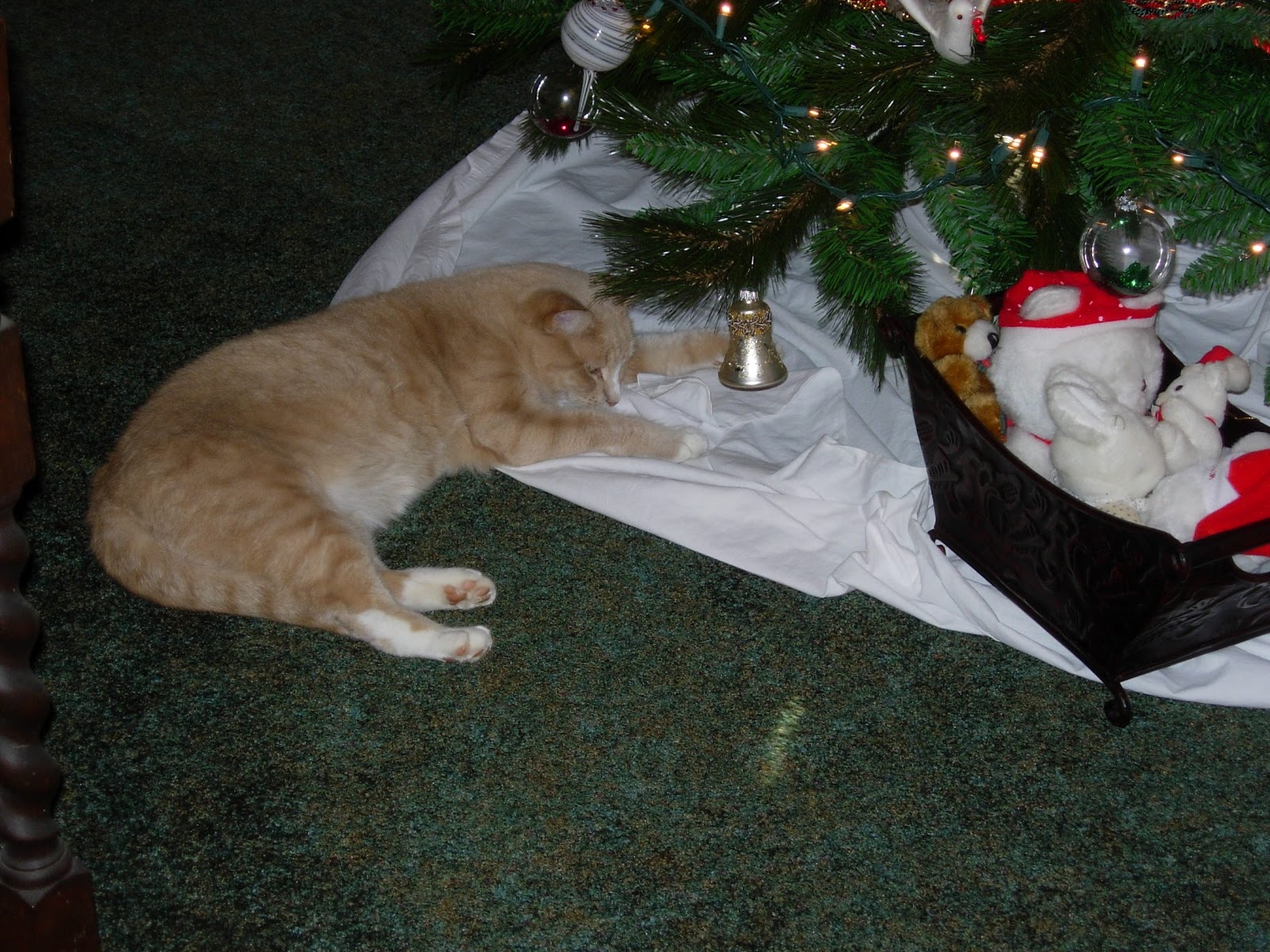A week-long writers workshop began with a reunion of half a dozen kindred souls, all writers who had attended the workshop for several years, as had I. We filled the first hours with catching up on the families and other personal activities. Then, we began talking about our writing. And that’s when the conversation turned serious. Really serious.
Each of us expected the other writers to have finished a chapbook of poems, much of a new novel, a series of essays or short stories. What we learned is that to a one, we had been oddly blocked. We knew what we wanted to write, but the writing-ness of writing was more than difficult. For a couple, it had been impossible. Some of us were stress starvers who don’t each much; others were stress eaters who put on weight. At least fifteen pounds.
This felt different from generic writer’s block. Its origin was in the cosmic angst, not in the person herself. The more we talked, the more we were able to identify the point when we stopped feeling like writing. (Not to say, many of us continued, but the joy was gone.) For a couple of writers, the date was early in November; for others, it was in January. Those who waited until January hid behind the holidays. Once January ended, their mental paralysis was in full bloom. They sat. They spun. They thought but could find little to write down.
Several started writing about happier times in their lives. I didn’t realize it, but I was one who went back to an earlier time, to a story I started on a lark about a place where I felt safe and joyous. I revisited the story, fleshed it out, wrote outlines for six additional stories, and decided I would write a novel in stories about an extended family and some of their friends. Good things and bad happen to the family, but they always have one place of solace they call home. I felt excitement growing. I felt a release.
The more the women talked, the more we realized we had allowed outside events overwhelm us. We spent too much time on social media. We allowed people we love to interrupt our writing. One woman’s daughter texted her constantly when she was writing, growing shriller and shriller until she stopped and responded. Concentration shattered. Might as well go onto Facebook and Twitter and see what was going on.
We pretended we were doing research when we followed trails all over the Internet. One woman wanted to validate a point in her novel, only to find herself an hour later still following links down all sorts of side paths. She had entered the “oh, look, a chicken” mindset. She vowed to turn off her phone, keep only the story live on her screen, and let the world find its own way without her for a while. Sounds good to me.
I too let myself get distracted because I don’t want to hurt my friends’ feelings if I don’t interact then instant they get online. I played into their games, leaving myself vulnerable to losing my train of thought. I let them control our relationship, because I didn’t want to get into any lengthy discussions about why what I was doing was more important than looking at their stickers.
We women left the week-long workshop rejuvenated. We promised to help each other if we found ourselves straying. We agreed that our position might not be all that popular, but if you want books from us, you must, absolutely must, understand that we will take the space we need. No matter how many times you text me, how many emojis/videos/stickers you send, I will be online when I’m finished with my work at the end of the day. I may take breaks in the middle of the day for a few minutes, but that doesn’t mean I’m inviting anyone to try and engage in lengthy conversations. I ask you to understand. This is not open for debate. I have two books that must be finished in short order. And they will be.




0 Comments